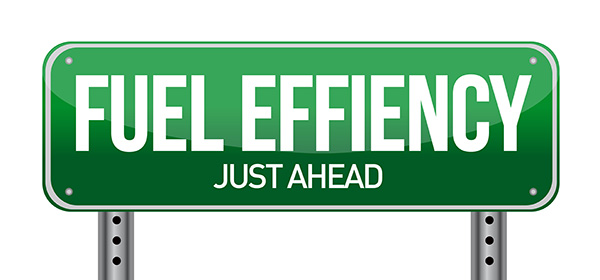
You know your car pretty well. So when you notice you’re stopping for gas more often than usual, it’s usually not your imagination. A sudden drop in fuel economy is your car’s way of telling you that something isn’t running quite right.
Even small changes under the hood can throw off your miles per gallon. The good news is that most of the causes are easy for a technician to pinpoint and fix once you know where to look.
Fuel System Problems
When fuel efficiency drops, the fuel system is usually the first place we check. Dirty or clogged fuel injectors can throw off the air-fuel balance, causing uneven combustion. That means your engine burns more gas just to maintain normal performance.
A weak fuel pump or a faulty pressure regulator can do the same thing. Too much fuel means waste, while too little makes the engine work harder. Replacing a clogged fuel filter, cleaning the injectors, or correcting pressure issues often brings mileage back to normal.
Underinflated or Worn Tires
Tire pressure has more to do with fuel economy than most people think. Underinflated tires increase rolling resistance, which forces the engine to push harder to keep you moving. Even a few pounds off can start to add up over time.
Tread condition matters too. Worn or uneven tires can reduce traction and efficiency, especially in wet weather. Checking tire pressure regularly and keeping up with rotations can make a noticeable difference at the pump.
Malfunctioning Oxygen Sensors
Your car’s oxygen sensors monitor how much oxygen is in the exhaust and adjust the air-fuel mixture. When they start to fail or get dirty, the engine might run “rich,” burning more fuel than needed.
Sometimes a bad oxygen sensor triggers the check engine light, but not always. Even a slow-to-respond sensor can hurt fuel economy. Replacing worn sensors helps your engine breathe better, burn cleaner, and use fuel more efficiently.
Ignition System Issues
Spark plugs, coils, and ignition wires all play a part in burning fuel efficiently. When they start to fail, you might notice the engine running rough, hesitating, or taking longer to start. That’s a sign fuel isn’t burning completely, which leads to wasted gas.
Old spark plugs are one of the simplest causes of poor mileage, and replacing them on schedule often restores lost performance. If a misfire occurs, you may even see a check engine light pop up.
Dragging Brakes
If your brakes aren’t releasing all the way, they can drag slightly as you drive. That constant resistance makes your engine work harder and can hurt fuel economy more than you’d think.
You might notice the car pulling to one side or smell something burning after driving. A quick brake inspection can catch sticking calipers or worn hardware before they cause more damage, or eat into your gas mileage.
Dirty Air Filter
Engines need clean air to burn fuel efficiently. When the air filter gets clogged, airflow drops and the engine compensates by burning more fuel. It’s a simple fix that can have an instant effect on both performance and economy.
If it’s been a while since the last replacement, this is one of the first things to check. A clean filter helps the engine breathe freely and restores proper power and efficiency.
Excessive Idling or Short Trips
Sometimes the problem isn’t with the car, but the driving habits instead. Lots of short trips or long idling periods can cause a drop in fuel economy. When the engine doesn’t stay warm for long, it runs less efficiently and burns more fuel.
Try to minimize idle time, especially during warm-ups, and combine errands when possible. Even small changes in driving habits can help stretch your gas tank a bit further.
Get Better Mileage at Auto Masters Repair in Columbus, GA
If your car’s fuel economy has dropped and you can’t figure out why, it’s worth getting checked out. At Auto Masters Repair in Columbus, GA, we’ll perform a full diagnostic inspection to find the cause, whether it’s a sensor issue, worn parts, or just overdue maintenance.
Bring your car in today, and let our technicians help you get your fuel efficiency and performance back where they should be.